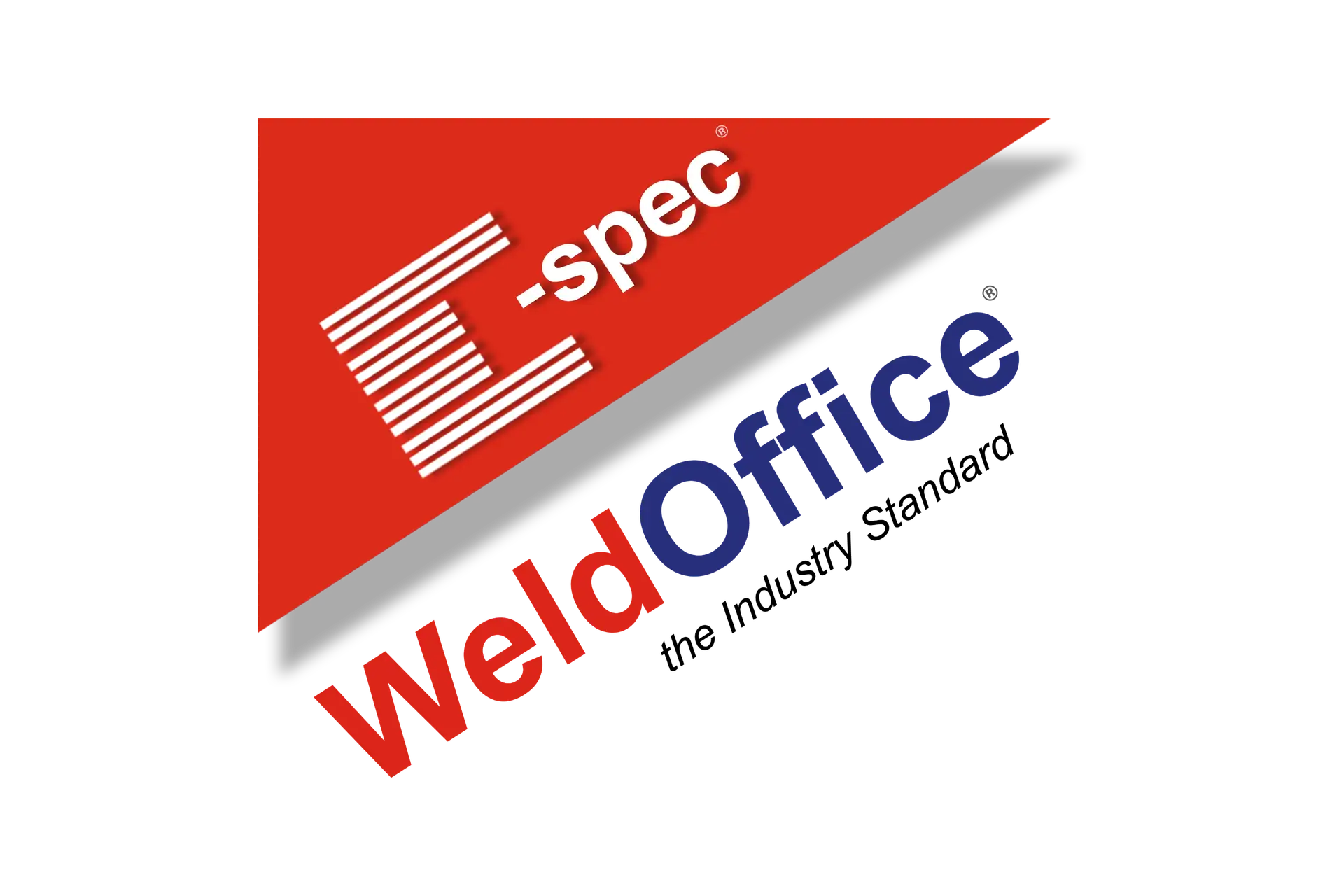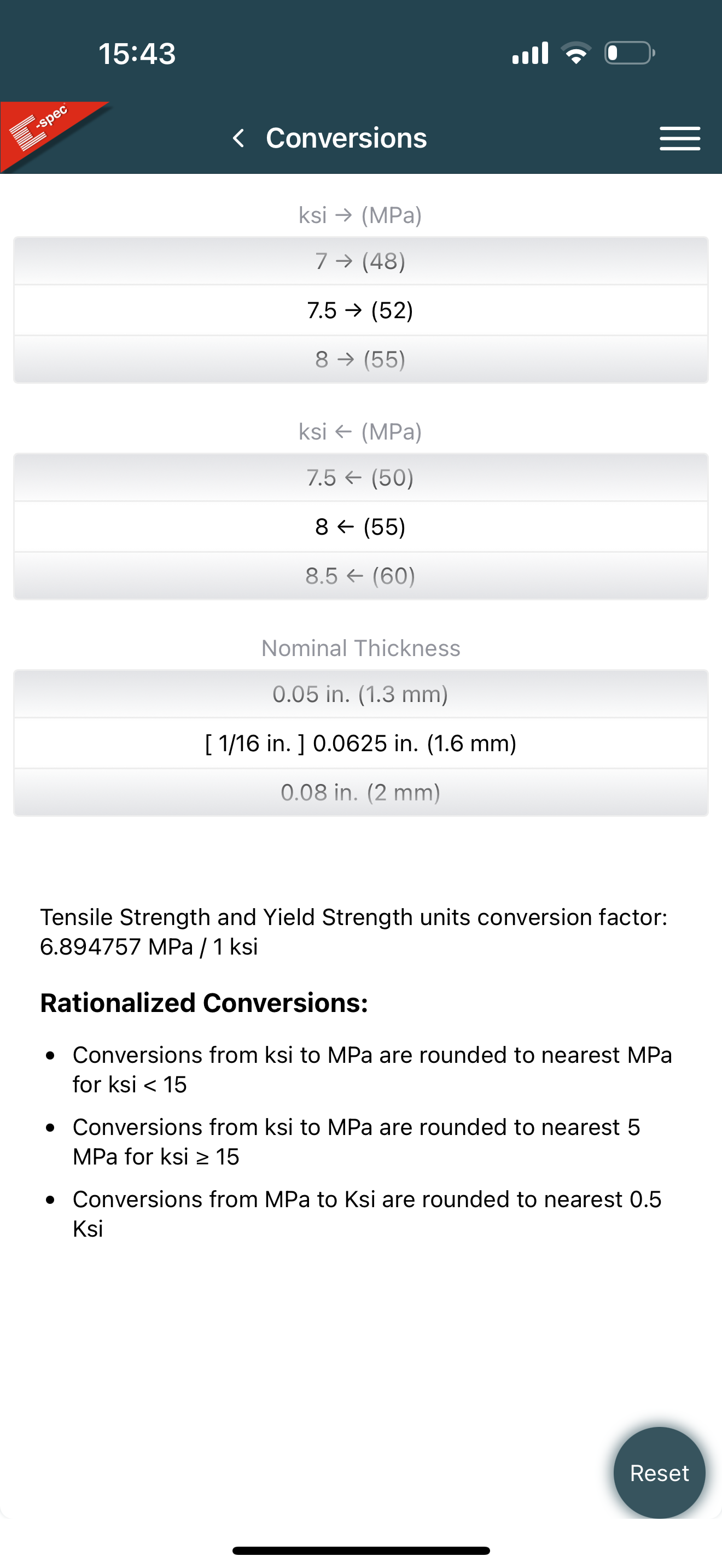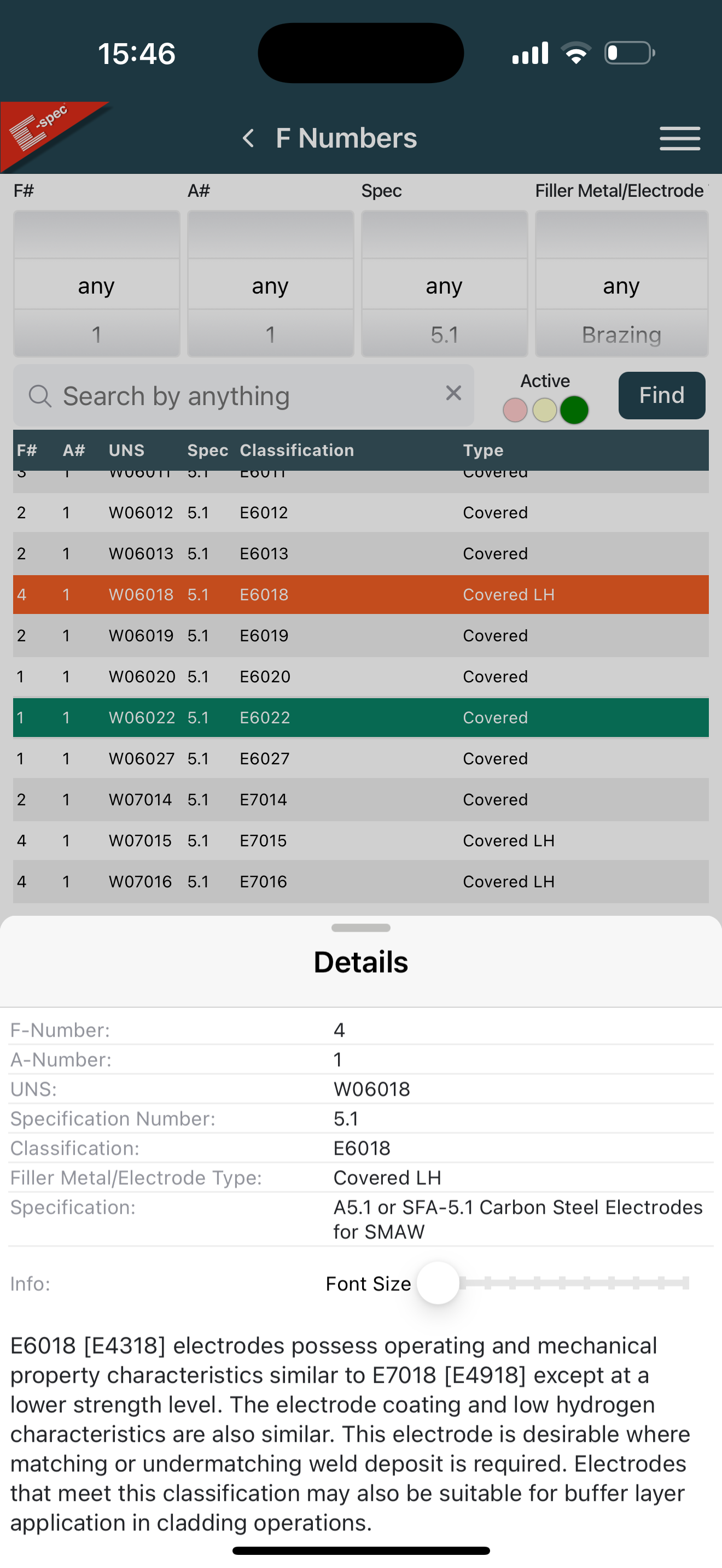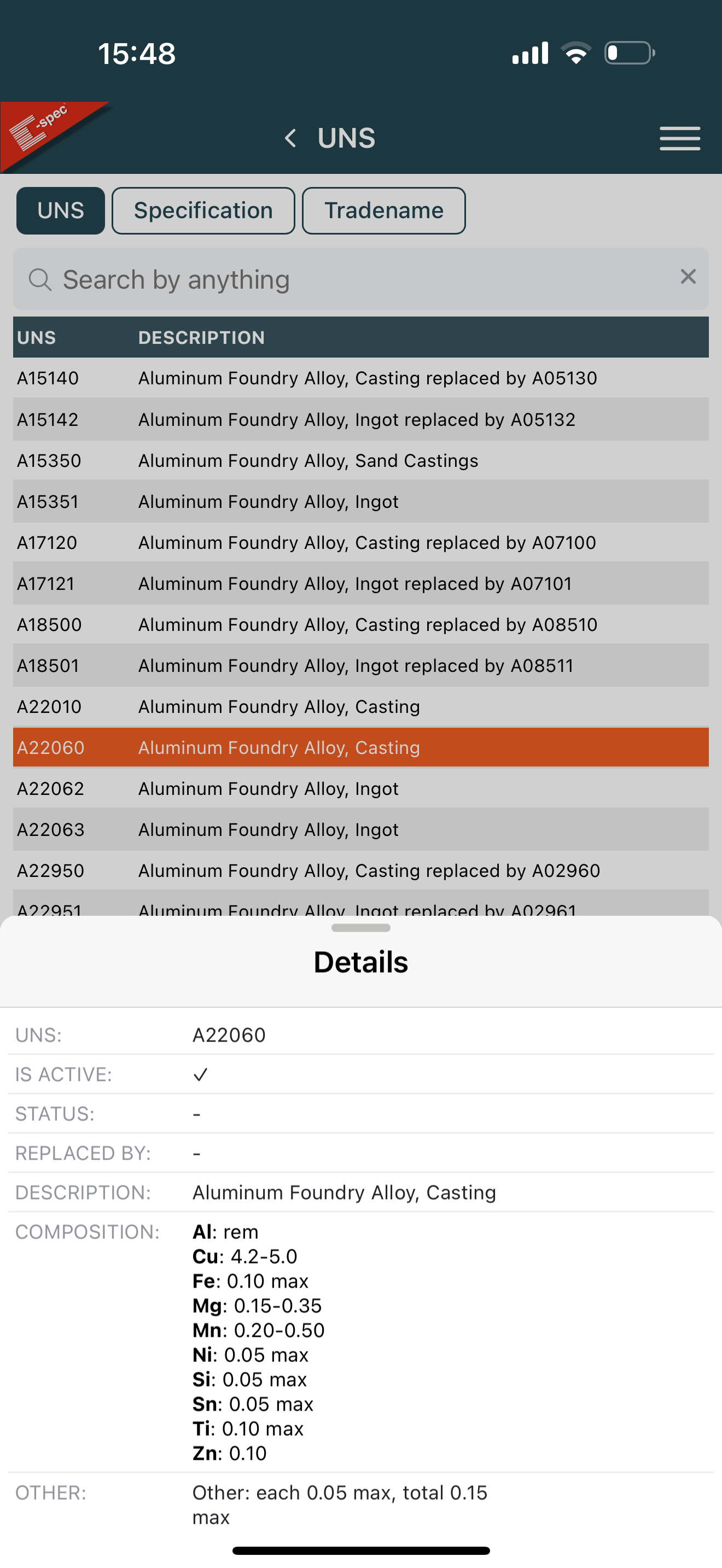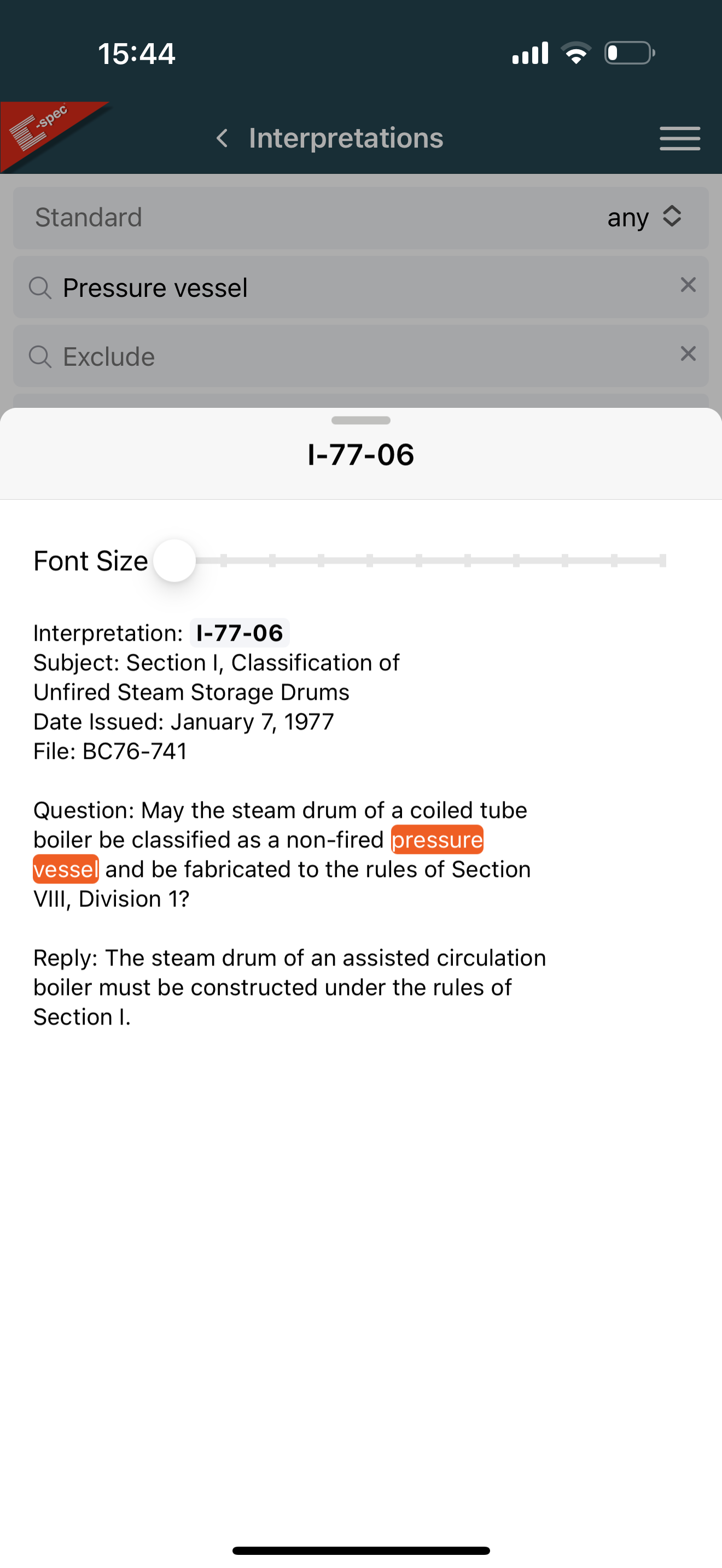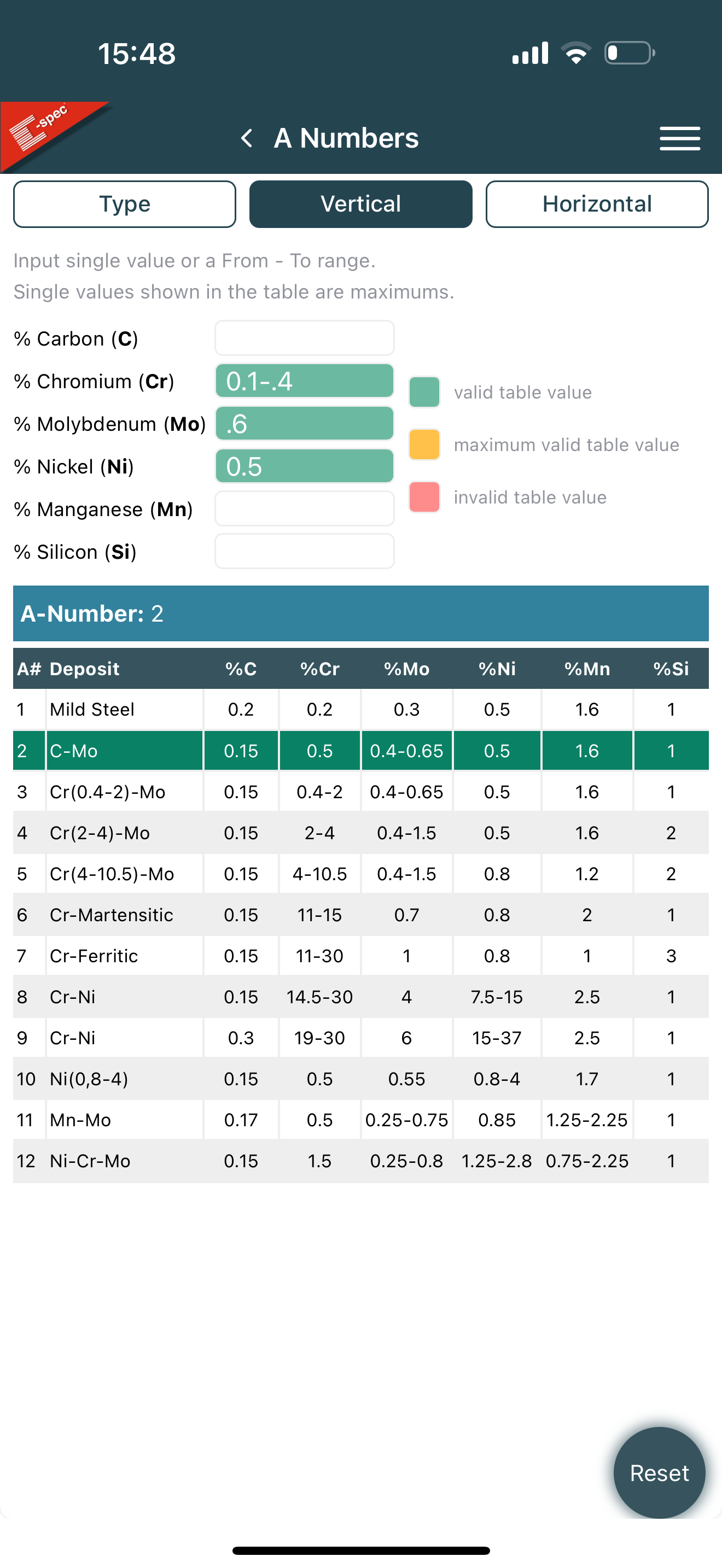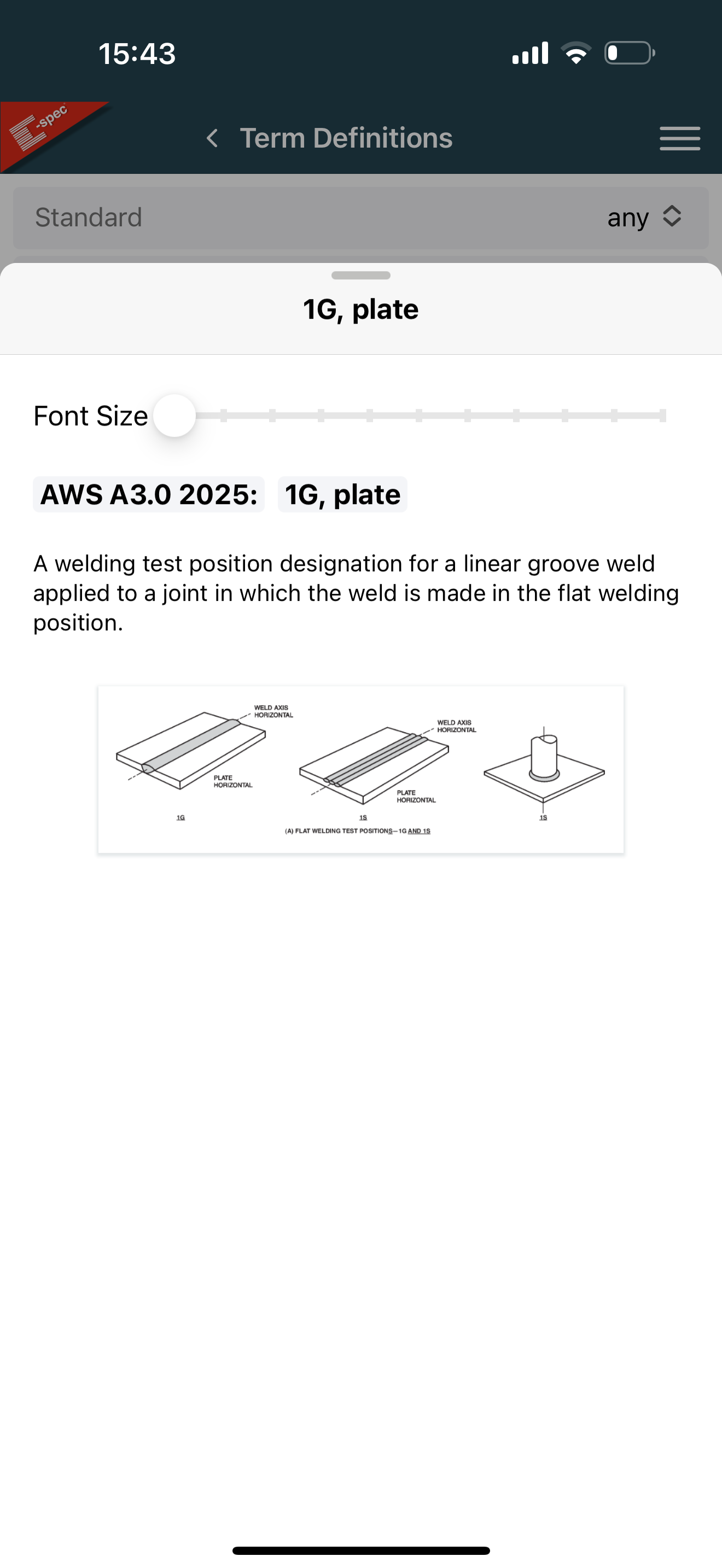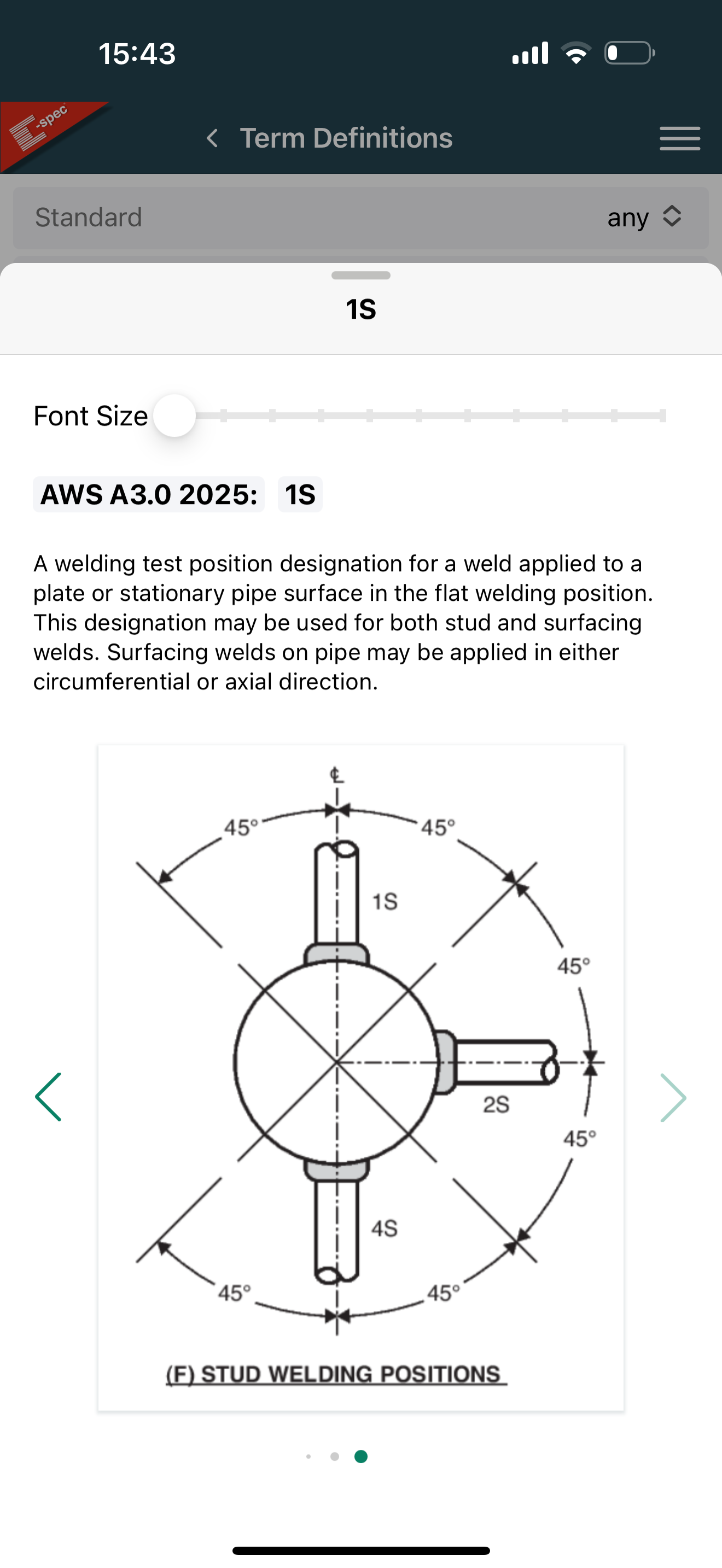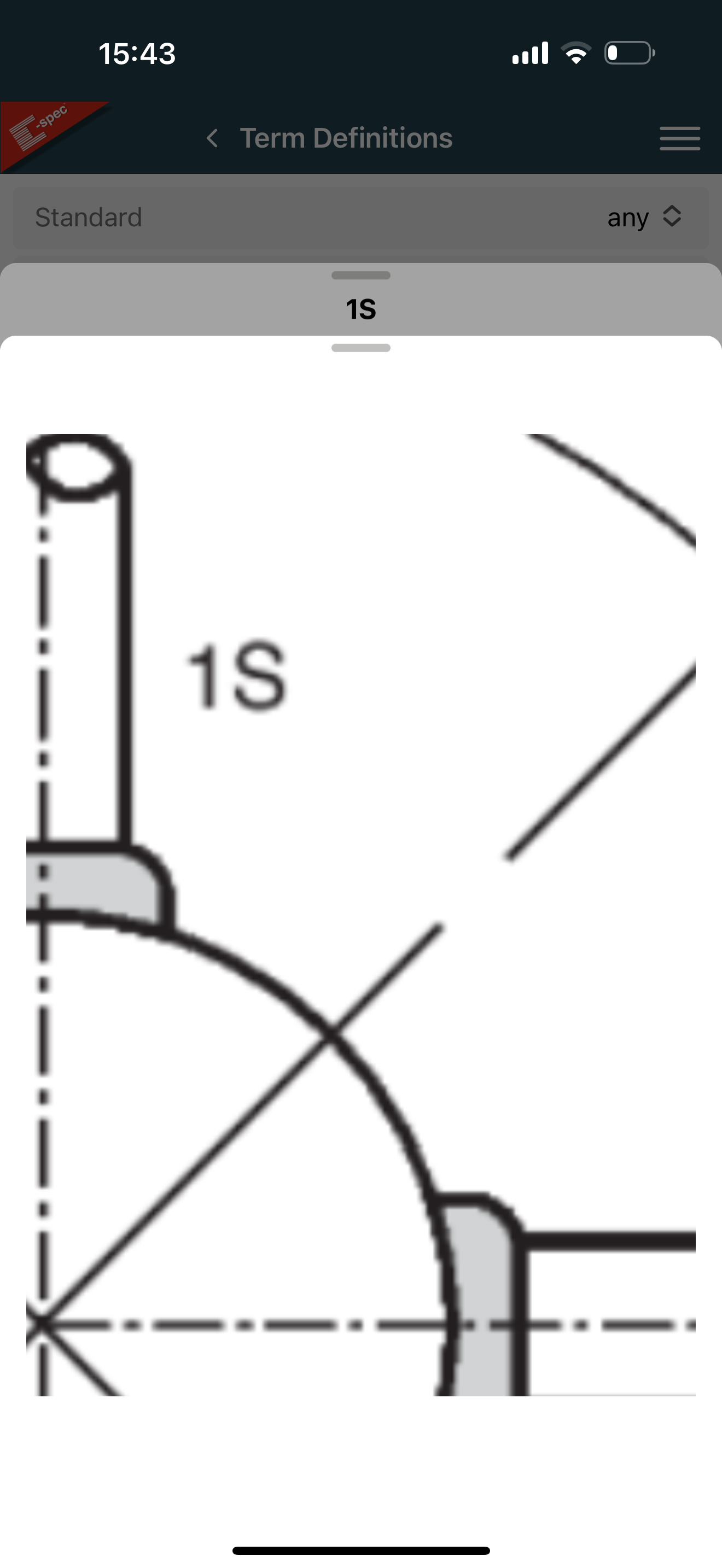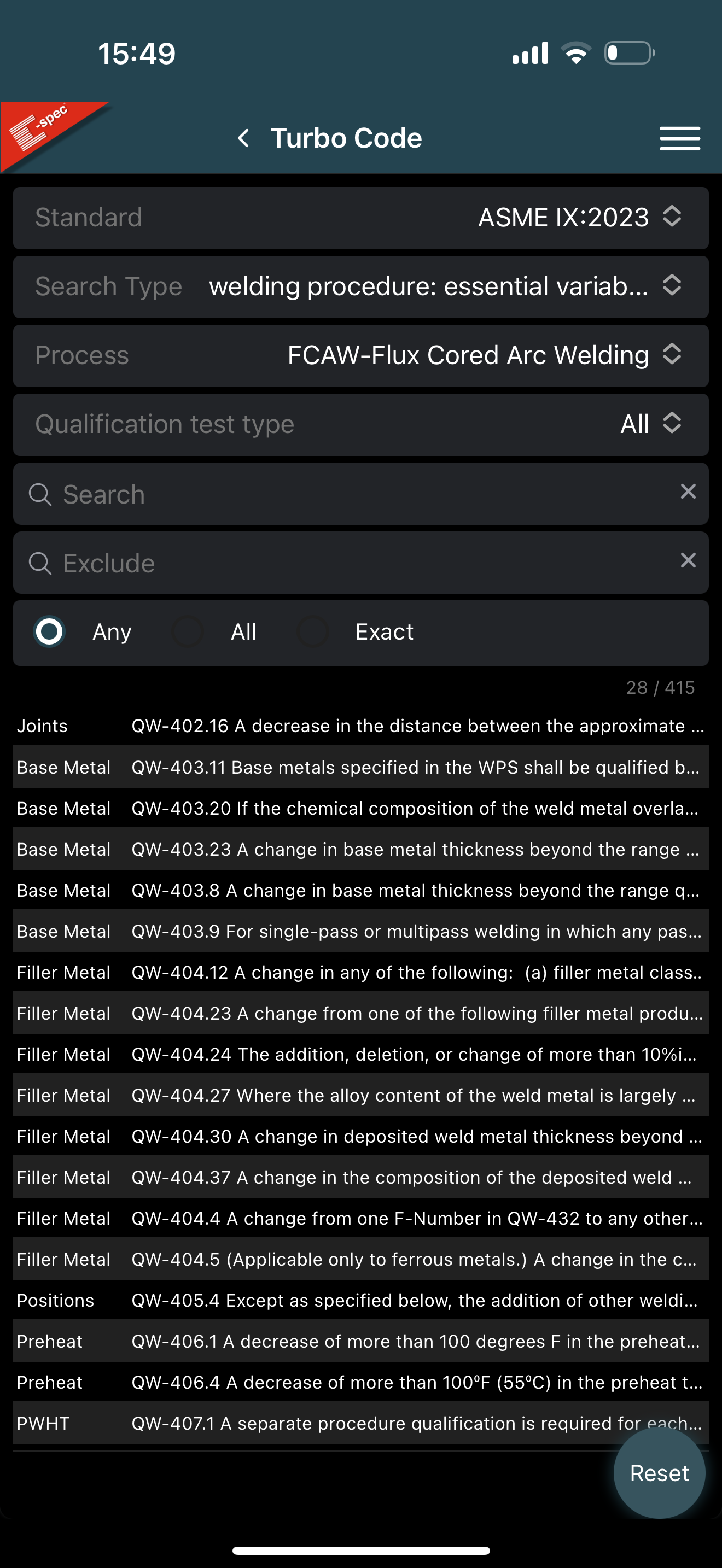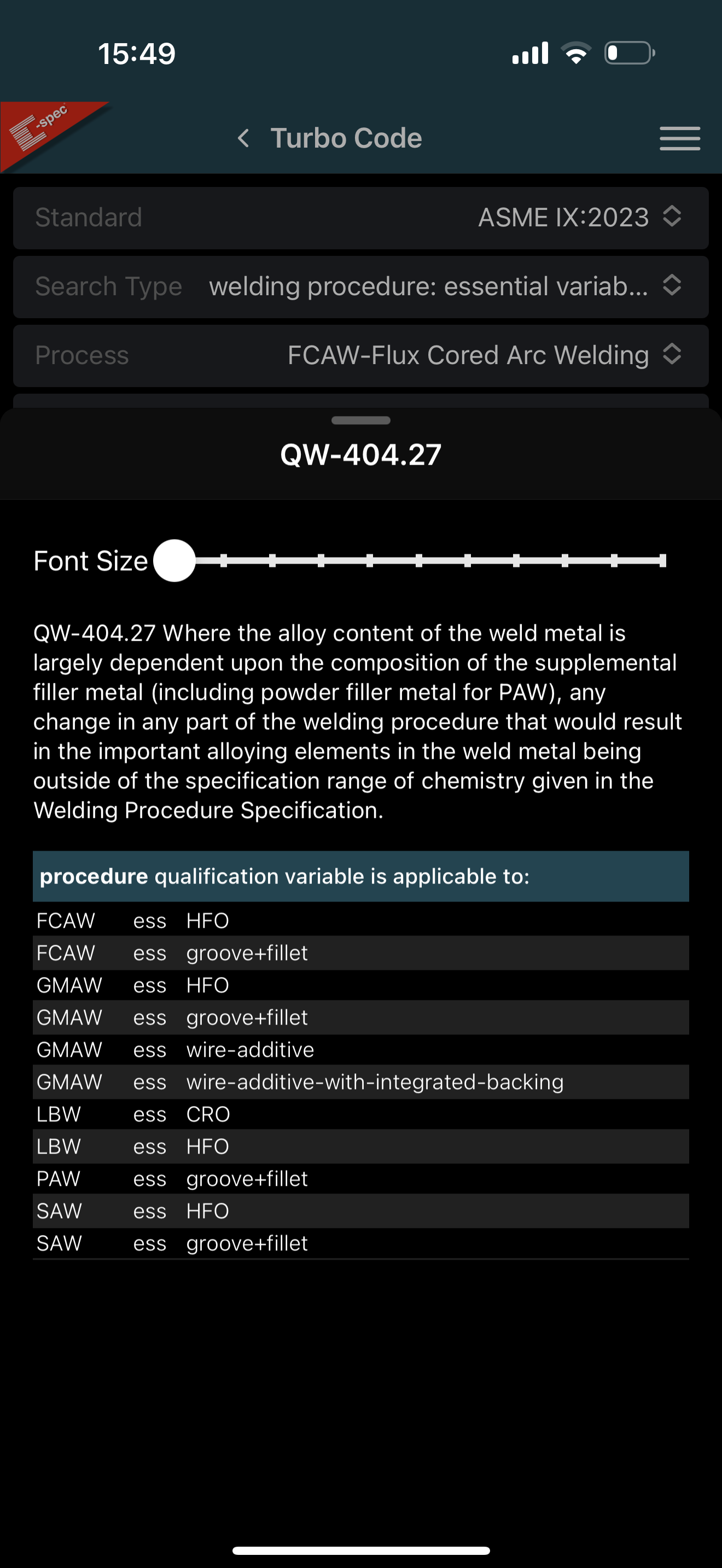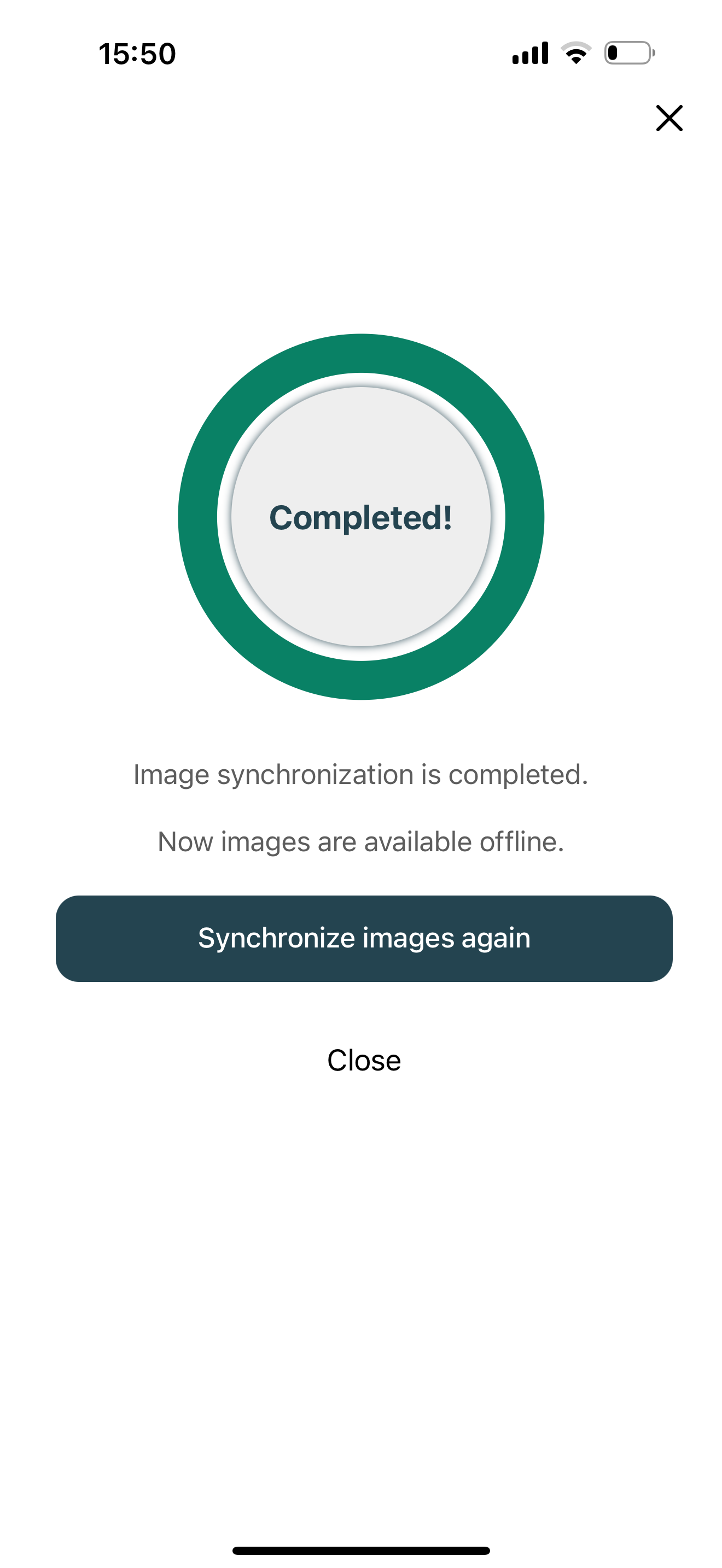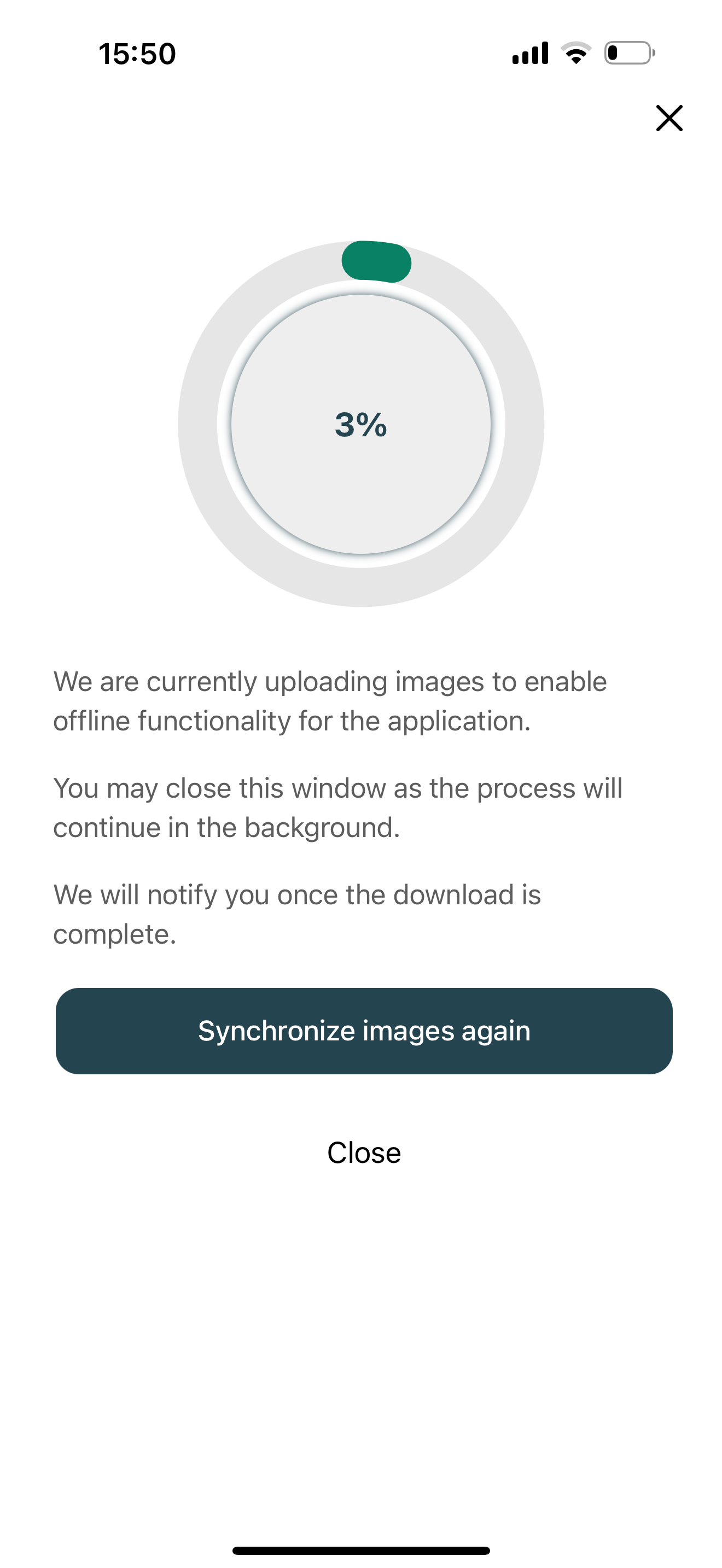WeldOffice: A Powerful Mobile App for the Welding Industry
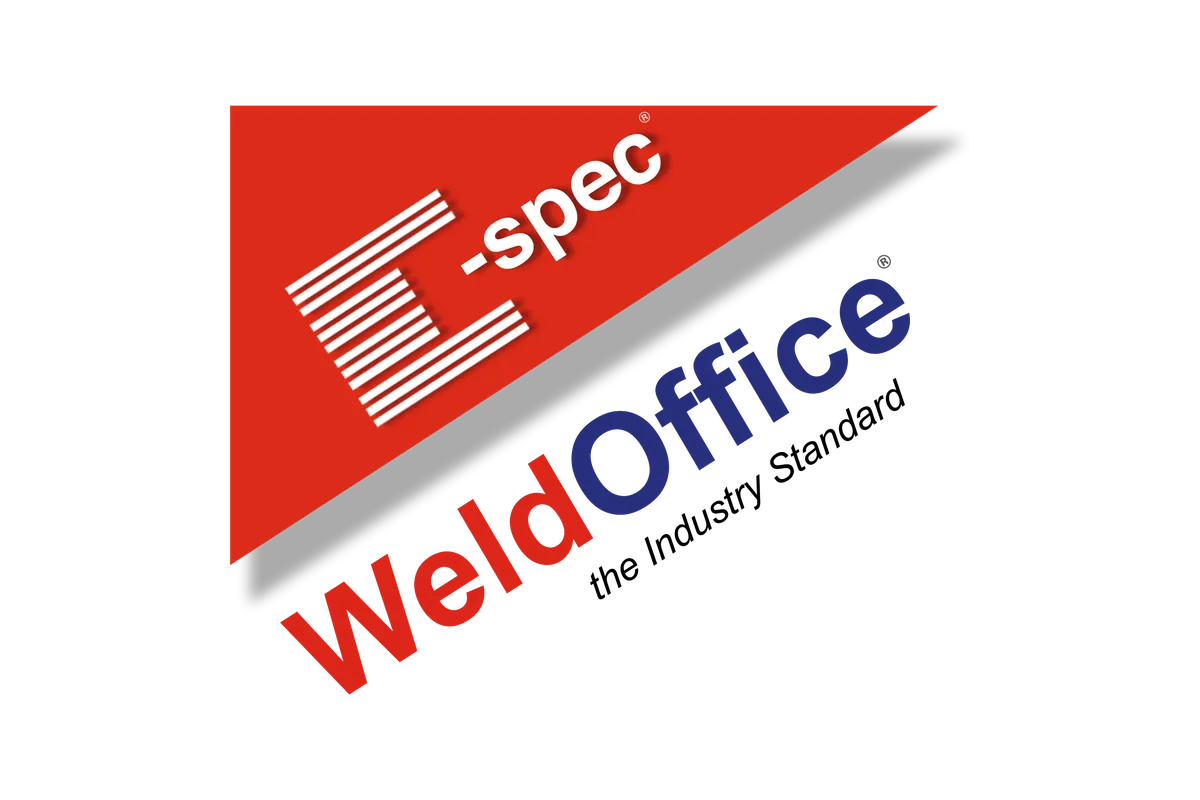
🛠️ Building WeldOffice: A Powerful Mobile App for the Welding Industry
At Bluesunrise, we recently partnered with C-spec, a well-known leader in welding code compliance, to build a mobile app called WeldOffice. This app helps welding professionals and engineers work more efficiently — even without internet access.
🤝 About C-spec
C-spec is an authority in welding code compliance. Their team includes experienced welding engineers and active code committee members. They provide reliable, expert support and maintain some of the most trusted welding code databases in the world.
📱 WeldOffice App: What It Does
The WeldOffice mobile app allows users to:
- Access welding standards and codes
- Search through large tables of welding data
- Filter and find exact welding information quickly
- Support offline mode (this is especially useful for field workers and welding inspectors who may not always have internet access on site).
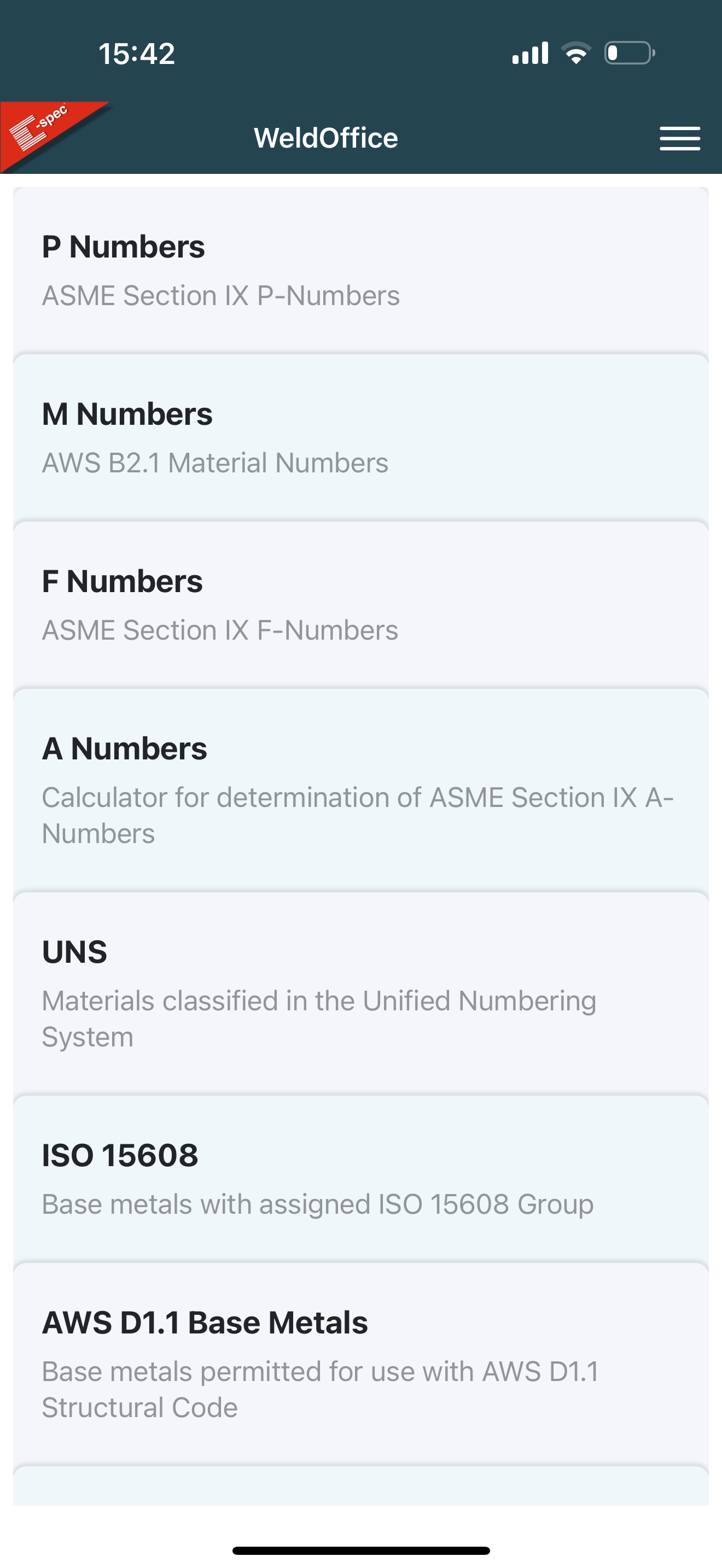
🧑💻 Technology Stack
We built the app using:
- Ionic + Angular for a modern UI and native experience on both iOS and Android
- Capacitor for cross-platform functionality
- SQLite + FTS5 for fast offline access to large datasets
🧠 Smart Filtering with FTS5
The app stores large welding datasets in an offline SQLite database. We use FTS5 (Full-Text Search) to allow users to:
- Search welding terms, code numbers, and materials
- Match exact, partial, or multiple keywords
- Filter data by properties like standard, process, qualification type, etc.
- FTS5 makes search very fast, even without internet.
🧰 Reusable Architecture with
To avoid repeating code, we created a reusable service called StorageHelperService. This service:
- Creates tables dynamically
- Inserts data in chunks for better performance
- Supports filtering and full-text search
- Handles offline data loading, clearing, and syncing
- Instead of rewriting the same logic for every data table, we pass in the table name, columns, and data. The helper does the rest.
✅ This is an example of the Service Pattern in software development — where reusable services handle common logic used across multiple components.
🧱 Modular Structure & Pattern Used
We followed these software architecture principles:
- Separation of Concerns: Different parts of the app are responsible for specific tasks.
- Dependency Injection: Angular’s DI system makes our services testable and reusable.
- Single Responsibility Principle: Each service (like TurboCodeStorageService) manages only its own data (values and variables).
- DRY Principle (Don’t Repeat Yourself): Shared logic lives in helper services, reducing code duplication.
- Modular Design: Each table or feature is handled by its own dedicated service.
- This makes the app easy to maintain, test, and extend in the future.
🚀 Interesting Features
-
Multiple filter types: input fields, wheel selectors, dot indicators, dropdowns, and tabs
-
Highlighted search results for better visibility
-
Smart input parsing — supports ranges and values starting with a dot (e.g., .4)
-
Image slider with zoom functionality to view details clearly
-
Built-in dark theme for comfortable viewing in low-light environments
-
Dynamic font size selector to improve readability
-
Image synchronization mechanism: automatically fetches images from the server and saves them in the local SQLite database, enabling offline usage. The process runs in the background, and the user receives a notification when synchronization is complete.
🚀 Final Result
The result is a powerful offline-first mobile application that helps welding professionals access accurate, code-compliant data anywhere, anytime — with blazing-fast performance and reliable filtering.
We’re proud to support C-spec’s mission of making welding documentation easier, smarter, and always up to code.
